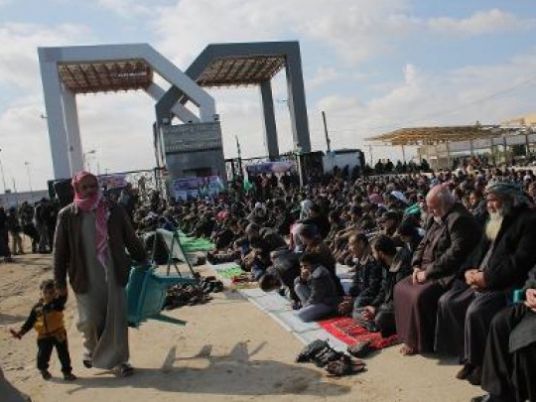
JERUSALEM (Reuters) – Israel could be open to future cooperation on missile defense with Gulf Arab states that share its concerns over Iran, a senior Israeli official said on Tuesday.
But the official, Moshe Patel, who heads the Israeli Missile Defense Organization which is part of the Defense Ministry, said it was premature to pursue any such deals, and Washington’s approval would be needed if Israeli systems developed with U.S. technology or funding were involved.
“Things can be done, maybe in the future,” Patel said when asked during a conference call with reporters if any of the systems might be offered to Israel’s new partners in the Gulf or synchronized with comparable systems deployed there.
“From an engineering point of view, of course there is a lot of advantage, that information can be shared, like sensors that can be deployed in both countries because we have the same enemies.”
The briefing was called to announce what Patel said was the successful testing of a multi-tiered Israeli missile defence system that could hit targets flying at different altitudes, such as cruise missiles or ballistic missiles.
Concerns over Iran were a driver of a US-brokered pact on September 15 formalizing relations between Israel and the United Arab Emirates and Bahrain. Saudi Arabia encouraged the rapprochement, while holding off on having bilateral ties with Israel for now.
With US backing, Israel has over the last decade developed a multi-layer air shield made up of the Arrow ballistic missile interceptor, the mid-altitude David’s Sling interceptor and Iron Dome, which shoots down short-range rockets and mortar shells.
Prior to the negotiations that led to the normalization of relations with the UAE and Bahrain, a senior Israeli official had told Reuters that there would be no coordination on missile defense with Gulf countries.
Writing by Dan Williams; Editing by Jeffrey Heller and Timothy Heritage




